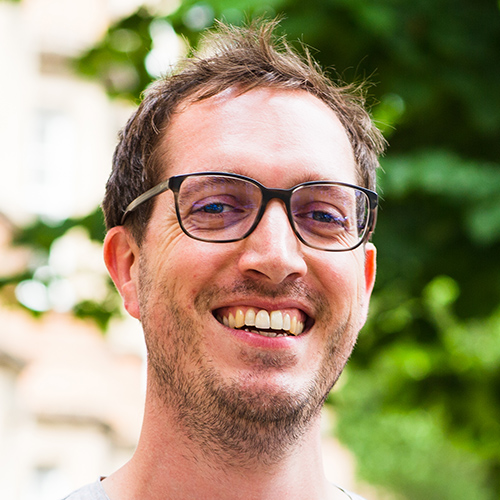When did you last allow yourself to be bored for any length of time? To take a walk from the tube to work without your Beats blasting; to visit the loo without wading through Instagram; to ‘Netflix and chill’ without the Netflix?
When I was little, I was so bored one rainy weekend in Bolton that I made a violin out of cardboard. It even worked (depending on your definition of a musical instrument). Nowadays, I can hardly imagine being as bored as on that day – there’s just so much to entertain me.
Today many of us can’t cope without constant distraction – we feel drawn to our phones unconsciously, unwillingly even. But is it all really so engaging, so thrilling that we can’t live a moment without it?
You can call me a grumpy old Northern git, but when I went to Portugal to watch the Foo Fighters, I didn’t expect to be watching the gig through other people’s phones. It seems that an experience that cannot be shared isn’t an experience worth having.
We’ve forgotten how to switch off and let our minds roam. Our productivity-idolising culture tells us that we’re being lazy if we aren’t constantly doing ‘something’. But really, picking up a phone and checking emails is not productive; it’s actually compulsive behaviour which is, in fact, lazy – the path of least resistance.
That’s because our minds love to be occupied. It feels good, like a grey-matter-massage. And today’s entertainment – from online streaming to podcasts to social media – provides stimulation with no original thought required, perfect for our tired, overworked brains.
So we turn up the volume, increase the brightness, and try and keep the void at bay one crazy-cat-lady-video at a time.
The book Rest by Alex Soojung-Kim Pang persuasively argues the benefits of carving out free time to do… nothing. This unoccupied time supposedly allows your brain the unpressurised thinking space that it needs to produce original, creative expression or to problem-solve effectively. You’ve probably experienced this yourself: concentrating hard sometimes just doesn’t cut it, but the answer to a problem might dawn on you later, when you’re not even thinking about it.
Just a few of the great minds who allowed themselves this regular timeout (what we might be tempted to call wasted time or day dreaming) include Tolstoy, Dickens, Darwin, Tolkien, Einstein, Churchill. The list goes on. But whilst they managed to find time to rest, they also produced great works, and out of the void came great discoveries and grand thoughts, to the extent that each of their lives have impacted ours in one way or another.
What would the prodigious young Mozart have produced had he constantly listened to Spotify’s AI generated playlists? Or would Dickens have produced such celebrated written work if he’d spent half of his free time browsing through Medium?
Whilst this is interesting, I’m not sure it quite covers the depth of the issue. I think our persistent avoidance of boredom reveals something more, something much deeper. What is ‘boredom’ and why do we hate it? Why do we always try to fill the silence? Is there something lurking there that we don’t want to find?
Perhaps the reason we are constantly trying to fill the void is that we’re afraid of what we might encounter.
Until quite recently, we had plenty of time in our lives to think, to listen, to ponder and reflect. To write down coherent thoughts and to discuss or debate with others. But if we don’t allow ourselves time to think, we can never doubt our inherited assumptions about life and its meaning – we just continue in default mode. And just imagine if there was, hypothetically, anything more to life, would you be able recognise it if every time you had an opportunity to pause and reflect, instead you switched on and turned up?
Perhaps we don’t like being bored in case we inadvertently leave space for lingering existential angst?
It might surprise you to know that even the Bible has something to say about resting. You might think the Bible is full of do’s and don’ts and ways to earn your way to heaven, but in fact the real beauty of the truth is that we don’t have to do anything ourselves, as the hard part is already finished. In fact, God says simply, ‘Be still and know that I am God’. Be still, stop your frenzied activity. Rest.
‘Be still and know’ is not a call to empty minded meditation, but rather a restful focussing on God. I believe that God speaks today, and that if you seek him out, he’ll answer. So next time you’re automatically flicking through your phone, or wasting time being ‘productive’, why not allow yourself a moment to read the Bible and think, meditate, ask him what he wants to say? It might be the most productive thing you ever do.


